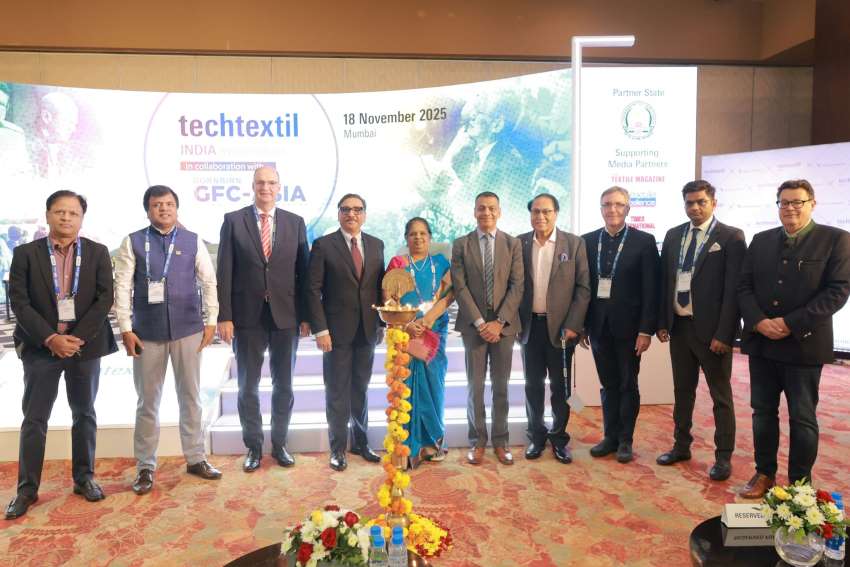The USA is known as a leader in many fields, but it lags behind when it comes to thinking about the environmental impact of purchasing clothing and sustainability issues.
When it comes to determining what makes an apparel eco-friendly, there is a broad consensus; one-third of all consumers say that fabric is “absolutely essential/extremely important” in determining sustainability, as per a Global Environment Survey. The survey found that consumers worldwide consider cotton (83 per cent), organic cotton (81 per cent) and wool (79 per cent) to be the safest fabrics. That compares to recycled polyester (45 per cent), rayon or viscose (41 per cent), polyester (38 per cent) and modal (37 per cent).
The majority of global consumers are concerned about the environmental impact of rayon since it starts out as a tree and is then processed and chemically converted into rayon fibre. Yearly, over 120 million trees are cut to produce rayon. Most shoppers are concerned to the point that three-fifths will check labels to avoid it. The avoidance of rayon fibre is highest in India and Mexico (both 91 per cent), according to the Global Environment Survey. That compares to lesser avoidance by American (71 per cent) and U.K. (72 per cent) shoppers.
It has been noted that there is definitely a movement toward natural fibre and consideration about numbers of wear and use. There’s also a growing trend of capsule collections as a response to increased consumer demand around sustainability issues. Brands including H&M, Zara and Banana Republic are in the beta testing stage to decide whether sustainable collections add value and further what resonates with consumers.
Just over three-fifths (61 per cent) of consumers worldwide say sustainability has a moderate or great deal of influence on their apparel purchases, according to the Global Environment Survey. But sustainability is much more likely to influence consumers in Italy (81 per cent), the U.K. and Mexico (both 69 per cent) and Germany (64 per cent) than the U.S. (59 per cent).
Consumers are part of the sustainability equation hence it is important for brands and apparel companies to create a culture of sustainability in line with business strategy.












